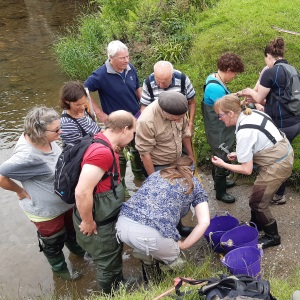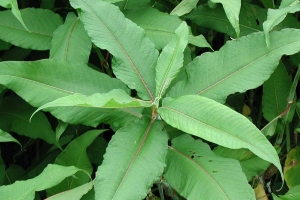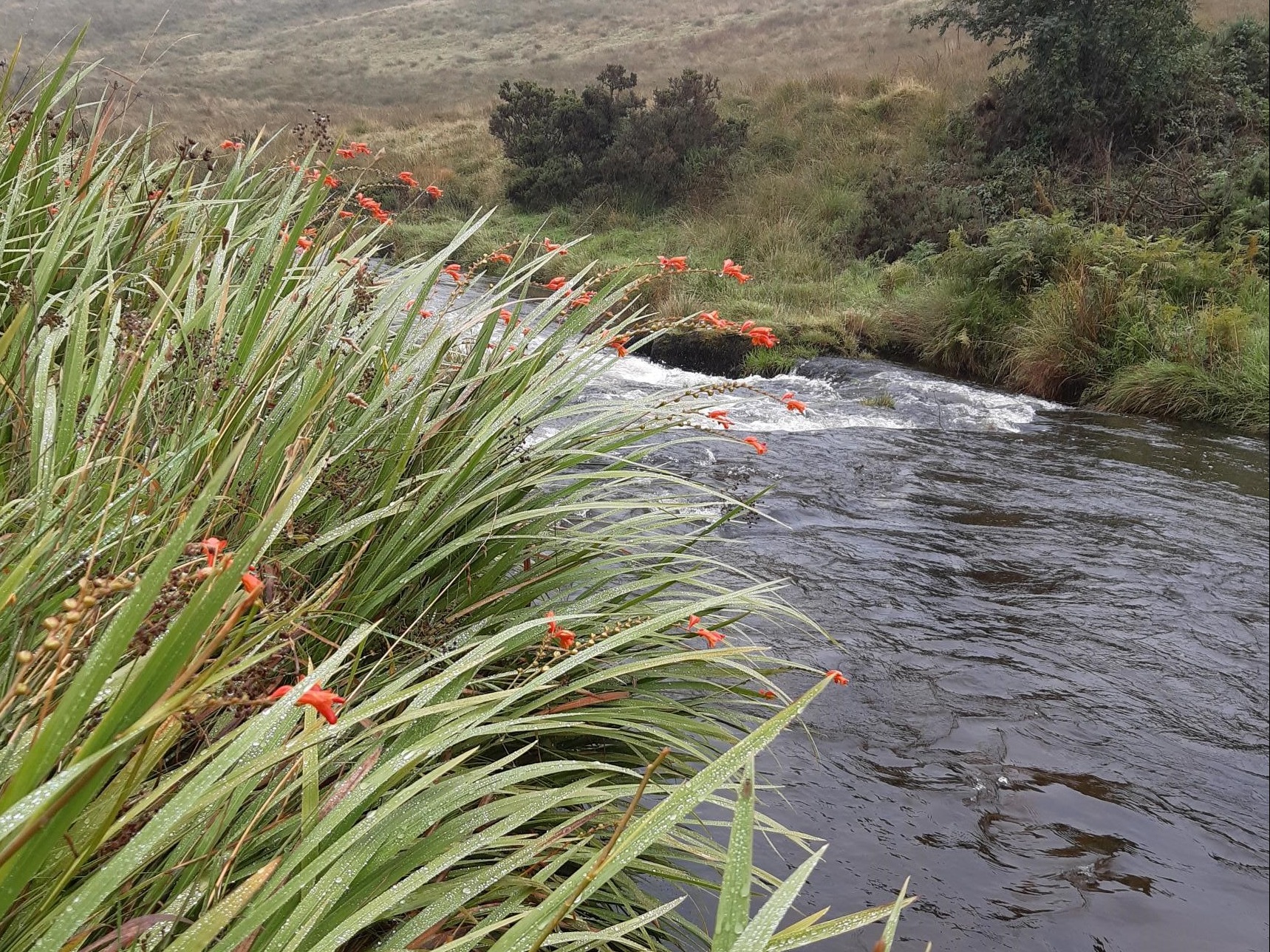About the ENNIS Project
The total annual cost of invasive non-native species to the British economy is estimated at approximately £1.8 billion and is one of the five major threats to the state of nature. This is said to be a conservative figure and does not include indirect costs which could be substantially higher.
There is currently a major threat to some of Exmoor’s pristine habitats from invasive species including Japanese and Himalayan knotweed, montbretia, Himalayan balsam, skunk cabbage and signal crayfish. These are negatively affecting our beautiful landscapes including our internationally recognised:
- Special Areas of Conservation (SAC) – the Exmoor and Quantock Oakwoods and the Exmoor Heaths.
- Six Sites of Special Scientific Interest some of which are in unfavourable condition partly because of the presence of invasive species.
Since 2005 Exmoor National Park has been at the forefront of tackling non-native invasive species. The exciting news of funding through Defra's Farming in Protected Landscapes grant, for our ENNIS Project, allows us to continue and expand on this work.





